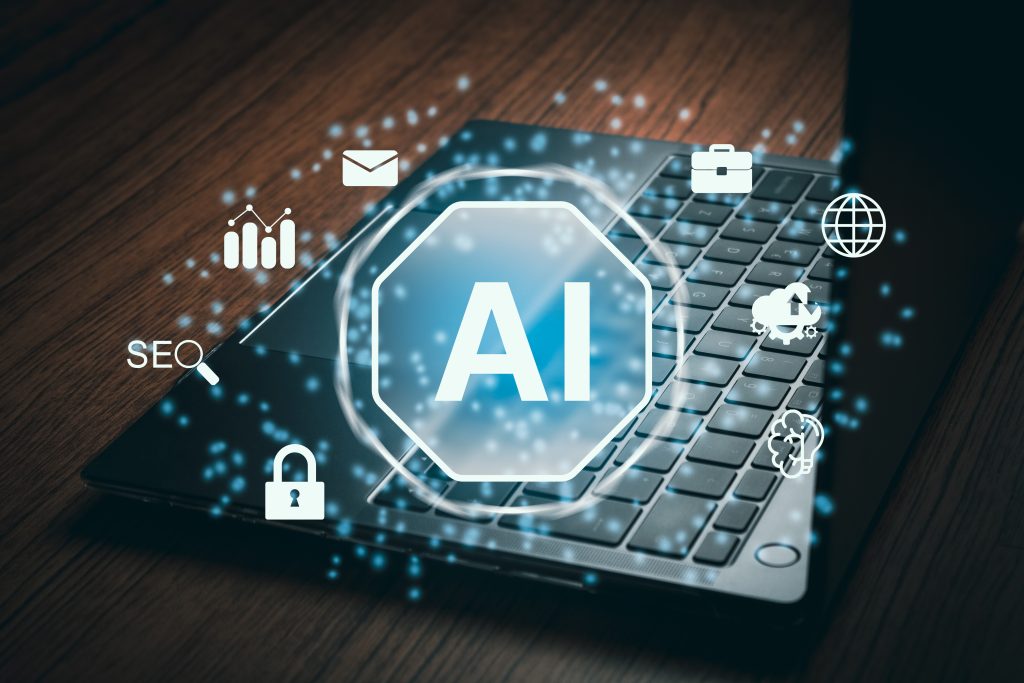Ukraine sets course for new AI regulation
Prioritising self-regulation, Ukraine plans a gradual approach with guidance for AI alignment with future laws. This step towards EU standards ensures human rights protection and opens doors for Ukrainian tech worldwide.

Ukraine recently revealed its national plan for AI regulation, seeking to balance innovation and security. Acknowledging AI’s potential advantages for humanity alongside risks like identity theft and misinformation, the roadmap aims for a middle ground.
The goal is to harness AI’s benefits while preventing unethical practices through regulation. Ukraine intends to implement a gradual, business-centric regulatory approach. This involves nurturing a self-regulation mindset among companies over a span of two to three years. They’ll receive support through tools and guidance to align their AI offerings with forthcoming laws. The government will assist in product development and create voluntary codes of behavior.
Ukraine intends also to establish a government-monitored space for product development, collaborating with experts. This environment will enable companies to create and assess AI products to ensure they align with forthcoming laws. Furthermore, a set of suggestions will be formulated, offering stakeholders practical instructions on the ethical and responsible design, development, and utilization of AI prior to the implementation of binding regulations.
This step-by-step method comes before formal laws, aligning Ukraine’s AI guidelines with the EU’s standards to ensure human rights protection and enable Ukrainian tech firms to access European markets. The focus remains on encouraging responsibility within businesses while anticipating future AI regulations, maintaining a balance between innovation, security, and ethical utilization.
Why does this matter?
As AI regulation is a global concern, Ukraine’s proactive approach can influence international standards. Aligning with EU guidelines not only ensures consistency but also enables Ukrainian tech companies to compete on a global scale while upholding ethical AI practices and make a step towards a future EU membership.


